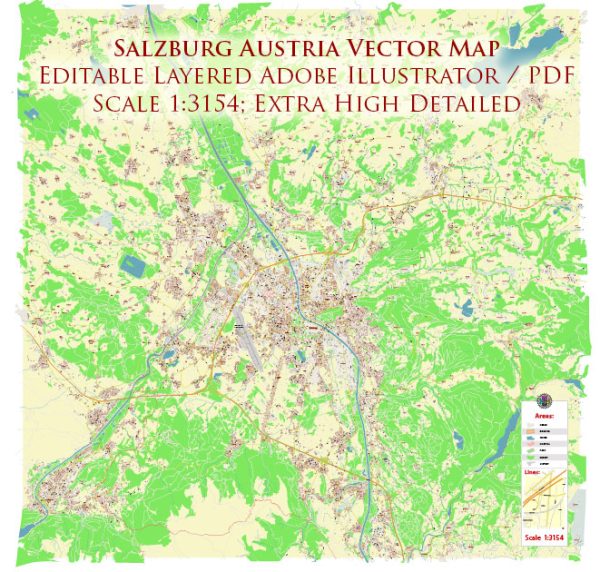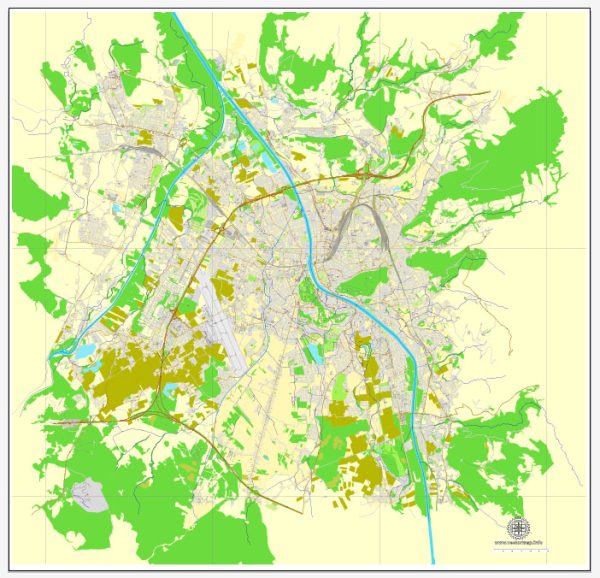Salzburg, Austria is a city with a rich history and cultural heritage. Here is a brief description of its history:
- Ancient History: The area around Salzburg has been inhabited since the Neolithic period, and it was later settled by the Celts. The Romans established a presence in the region in the 1st century AD, and the town of Iuvavum was founded, which would later become Salzburg.
- Medieval Period: Salzburg’s history is closely tied to the influence of the Catholic Church. In the 8th century, Saint Rupert founded the St. Peter’s Abbey, marking the beginning of Salzburg’s role as an ecclesiastical center. The city became the seat of the archbishopric of Salzburg in the 11th century.
- Hohensalzburg Fortress: One of the most iconic landmarks in Salzburg is Hohensalzburg Fortress, which was built in the 11th century and expanded in the following centuries. It is one of the largest and best-preserved medieval castles in Europe.
- Mozart’s Birthplace: Salzburg is renowned as the birthplace of the famous composer Wolfgang Amadeus Mozart. He was born here in 1756, and his birthplace is now a museum celebrating his life and work.
- Baroque Period: The city’s architecture is characterized by its Baroque style, as seen in many of the churches and buildings constructed during the 17th and 18th centuries. The city’s historic center is a UNESCO World Heritage Site, known for its stunning Baroque architecture.
- The Salzburg Festival: Established in 1920, the Salzburg Festival is one of the world’s most prestigious classical music and drama festivals. It attracts artists and visitors from around the globe and is a significant cultural event in the city.
- Anschluss and World War II: During World War II, Salzburg became a part of Nazi Germany after the Anschluss in 1938. The city played a role in the war effort, and it was liberated by the Allies in 1945.
- Post-War Era: After World War II, Salzburg was occupied by Allied forces and played a crucial role in the reconstruction of Austria. The city returned to Austrian sovereignty in 1955.
Today, Salzburg is known for its stunning natural surroundings, its musical heritage, and its well-preserved historic center. It’s a popular destination for tourists, offering a blend of history, culture, and natural beauty.



 Author: Kirill Shrayber, Ph.D. FRGS
Author: Kirill Shrayber, Ph.D. FRGS